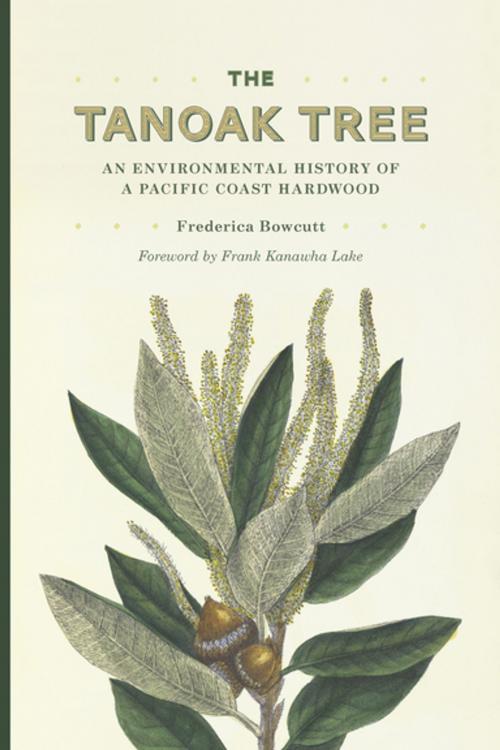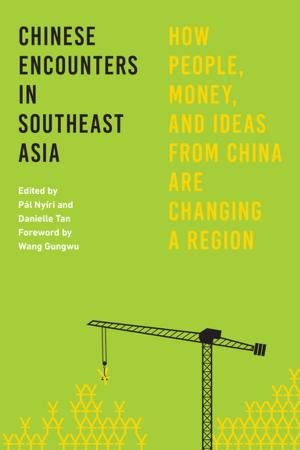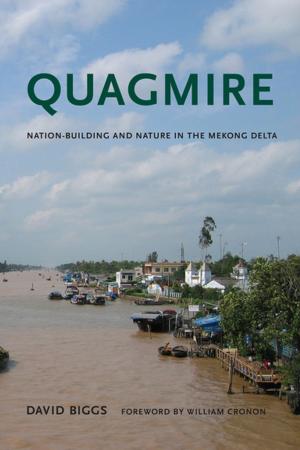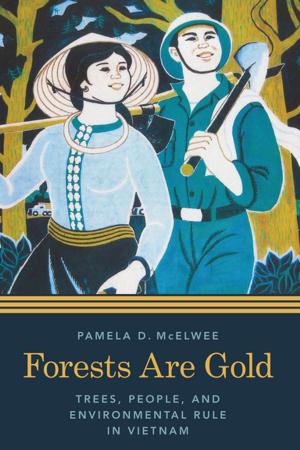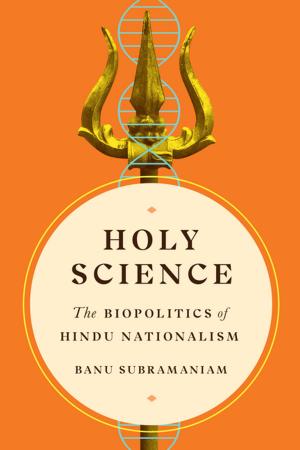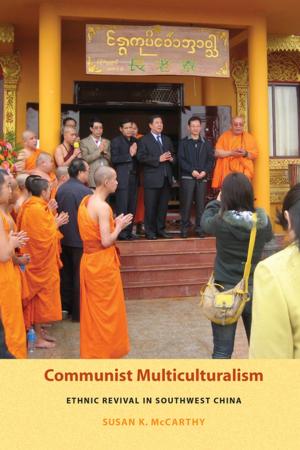The Tanoak Tree
An Environmental History of a Pacific Coast Hardwood
Nonfiction, Social & Cultural Studies, Social Science, Cultural Studies, Native American Studies, Science & Nature, Nature, Environment, Environmental Conservation & Protection, History, Americas, United States| Author: | Frederica Bowcutt | ISBN: | 9780295805931 |
| Publisher: | University of Washington Press | Publication: | June 8, 2015 |
| Imprint: | University of Washington Press | Language: | English |
| Author: | Frederica Bowcutt |
| ISBN: | 9780295805931 |
| Publisher: | University of Washington Press |
| Publication: | June 8, 2015 |
| Imprint: | University of Washington Press |
| Language: | English |
Tanoak (Notholithocarpus densiflorus) is a resilient and common hardwood tree native to California and southwestern Oregon. People’s radically different perceptions of it have ranged from treasured food plant to cash crop to trash tree. Having studied the patterns of tanoak use and abuse for nearly twenty years, botanist Frederica Bowcutt uncovers a complex history of cultural, sociopolitical, and economic factors affecting the tree’s fate. Still valued by indigenous communities for its nutritious acorn nut, the tree has also been a source of raw resources for a variety of industries since white settlement of western North America. Despite ongoing protests, tanoaks are now commonly killed with herbicides in industrial forests in favor of more commercially valuable coast redwood and Douglas-fir. As one nontoxic alternative, many foresters and communities promote locally controlled, third-party certified sustainable hardwood production using tanoak, which doesn’t depend on clearcutting and herbicide use. Today tanoaks are experiencing massive die-offs due to sudden oak death, an introduced disease. Bowcutt examines the complex set of factors that set the stage for the tree’s current ecological crisis. The end of the book focuses on hopeful changes including reintroduction of low-intensity burning to reduce conifer competition for tanoaks, emerging disease resistance in some trees, and new partnerships among tanoak defenders, including botanists, foresters, Native Americans, and plant pathologists.
Watch the book trailer: https://www.youtube.com/watch?v=xzY7QxOiI8I
Tanoak (Notholithocarpus densiflorus) is a resilient and common hardwood tree native to California and southwestern Oregon. People’s radically different perceptions of it have ranged from treasured food plant to cash crop to trash tree. Having studied the patterns of tanoak use and abuse for nearly twenty years, botanist Frederica Bowcutt uncovers a complex history of cultural, sociopolitical, and economic factors affecting the tree’s fate. Still valued by indigenous communities for its nutritious acorn nut, the tree has also been a source of raw resources for a variety of industries since white settlement of western North America. Despite ongoing protests, tanoaks are now commonly killed with herbicides in industrial forests in favor of more commercially valuable coast redwood and Douglas-fir. As one nontoxic alternative, many foresters and communities promote locally controlled, third-party certified sustainable hardwood production using tanoak, which doesn’t depend on clearcutting and herbicide use. Today tanoaks are experiencing massive die-offs due to sudden oak death, an introduced disease. Bowcutt examines the complex set of factors that set the stage for the tree’s current ecological crisis. The end of the book focuses on hopeful changes including reintroduction of low-intensity burning to reduce conifer competition for tanoaks, emerging disease resistance in some trees, and new partnerships among tanoak defenders, including botanists, foresters, Native Americans, and plant pathologists.
Watch the book trailer: https://www.youtube.com/watch?v=xzY7QxOiI8I
